TSG4 & TSG2 CYCLING TOURISM AND CULTURAL ROUTES WORKSHOP
PRESS RELEASE - Zagreb, 5 October 2020
On 2nd of October 2020, Croatian Ministry of Tourism and Sports organized an international online workshop "Cyclotourism and Cultural Routes". The aim of the workshop was to draw attention to the economic effects of cycling tourism in the EU and its potential in the sustainable development of tourism in our region and the importance of cooperation and joint planning of the tourism and transport sector.
The importance of intersectoral cooperation in the sustainable development of tours and cultural routes was emphasized by the Head of the Sector for Tourism Policy and International Cooperation of the Ministry of Tourism and Sports Mirela Grgurić and Tatjana Horvatić, Head of the Movable, Ethnographic and Intangible Cultural Heritage Service of the Ministry of Culture.
This online workshop was contributed by Nadine Lakhal, representative of the European Commission's Directorate-General for Regional and Urban Policy, Dirk Glaesser, Director of Sustainable Tourism at UNWTO and a number of other distinguished guests.
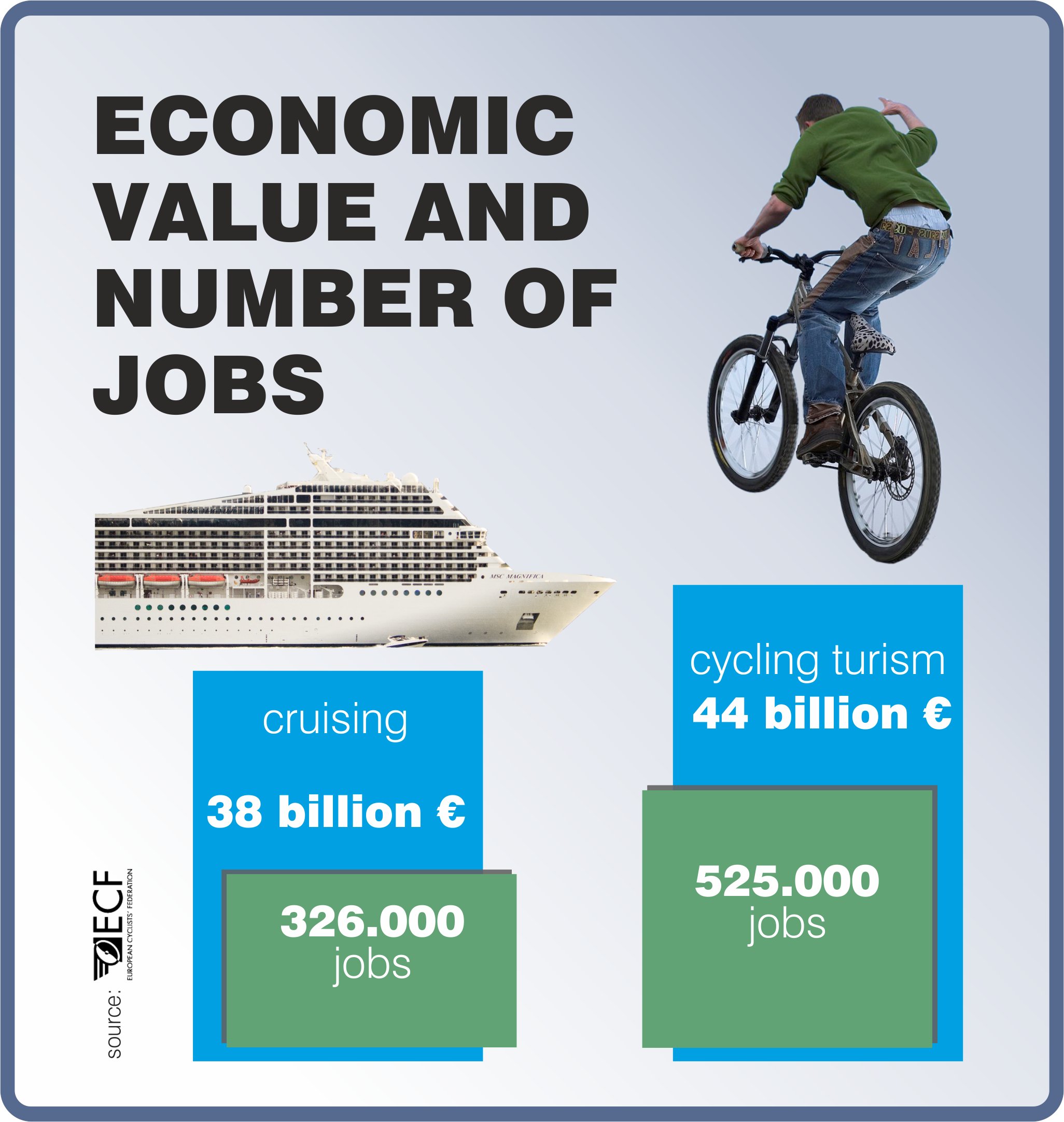
From integration with public transport to the economic benefits of local communities
Ed Lancaster of the European Cycling Federation ECF stated in his presentation that the potential contribution of cycling tourism to the local and global economy is still not sufficiently recognized and exploited. We need more investment in marking routes in the field, certifying them and connecting them to public transport. He stressed the importance of promoting cycling products.
"You can have the best infrastructure, but if no one knows about it, you haven't done much - so investing in promotion is just as important as investing in infrastructure and service development," Lancaster concluded.
Cycling is not only cycling tourism, but as part of the transport system of cities it can play a very important role in reducing CO2 emissions, reducing traffic congestion, saving fuel, but also increasing the number of jobs. According to the ECF data, due to the beneficial effects on human health, cycling reduces the costs of the health system and the absence of workers from work. These savings are not negligible and are estimated at around 150 billion euros on an annual basis.
"The average cyclist rides 50 to 60 km a day, through 4 to 6 sections, stays for an average of 9 days, of which 7 days include rides and the quality realy matters to them. Quality of infrastructure and quality of service are extremely important to them, for which they are willing to pay a higher price", said Frank Hoffman, a member of the Board of ADFC, the German association of cycling clubs, as part of his presentation on the necessary services and infrastructure of cycling tourism.
In 1987, the Council of Europe launched the Council of Europe's Cultural Routes program with the aim of presenting a common cultural heritage, better understanding of European cultural identity and shaping a common cultural space.
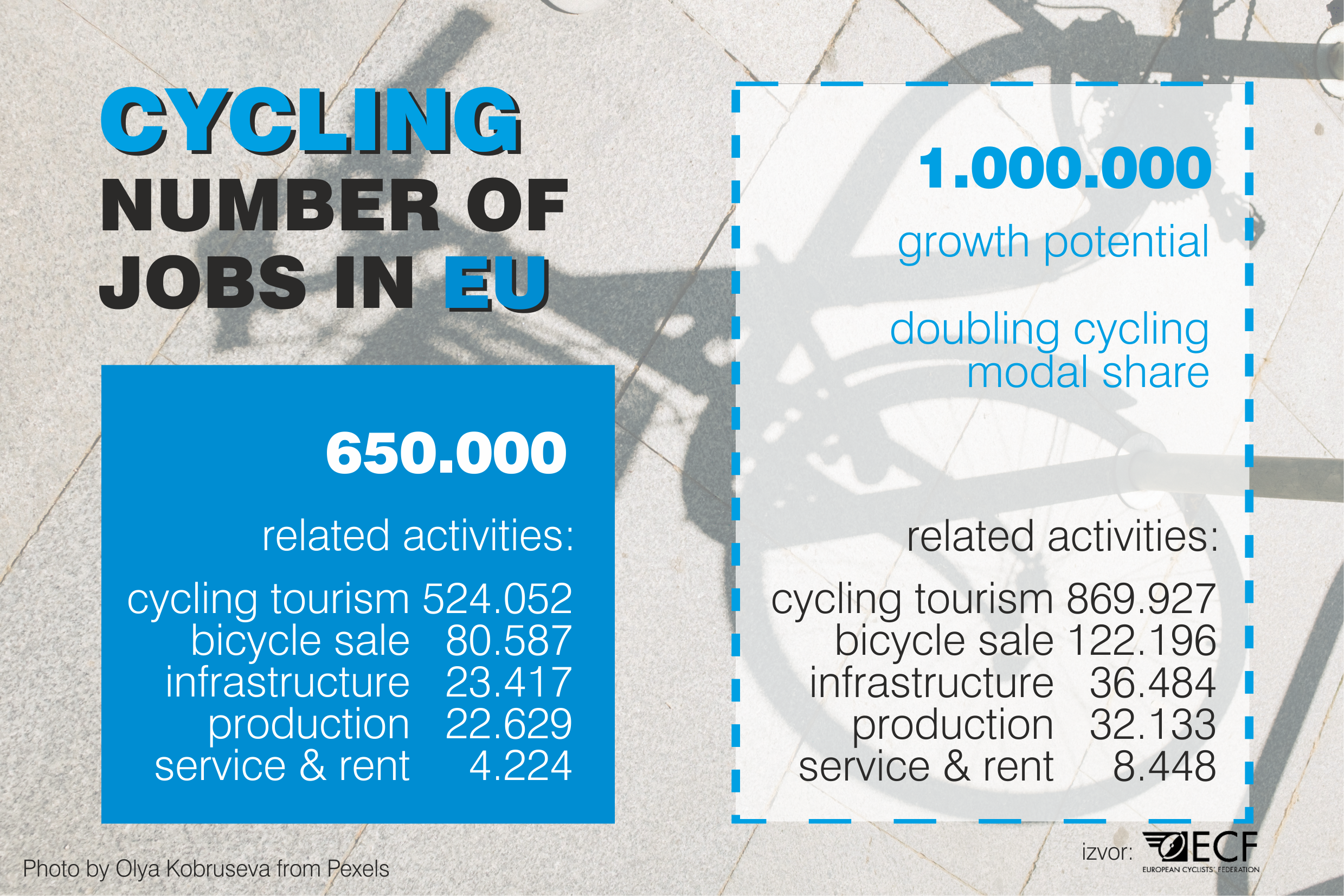
By bike to cultural and historical attractions
The first cultural route recognized by the Council of Europe in 1987 was the Pilgrimage Route of Santiago de Compostela, which is a real tourist magnet on a global scale. The route also found its way into popular culture as the theme of the film The Road with Martin Sheen in the lead role, which provided additional global promotion. To date, a total of 38 Council of Europe cultural routes have been certified.
Michael Cramer, a great promoter of cycling tourism and a member of the European Parliament, highlighted EuroVelo 13 - the European Iron Curtain route as a route that managed to connect the once hard and deadly border of the capitalist and socialist bloc in Europe through cycling tourism and culture. It also includes routes along the Drava River.
This important topic of sustainable tourism development and adaptation of transport infrastructure will need to raise awareness that cycling tourism is a form of tourism of enormous economic and local development potential.
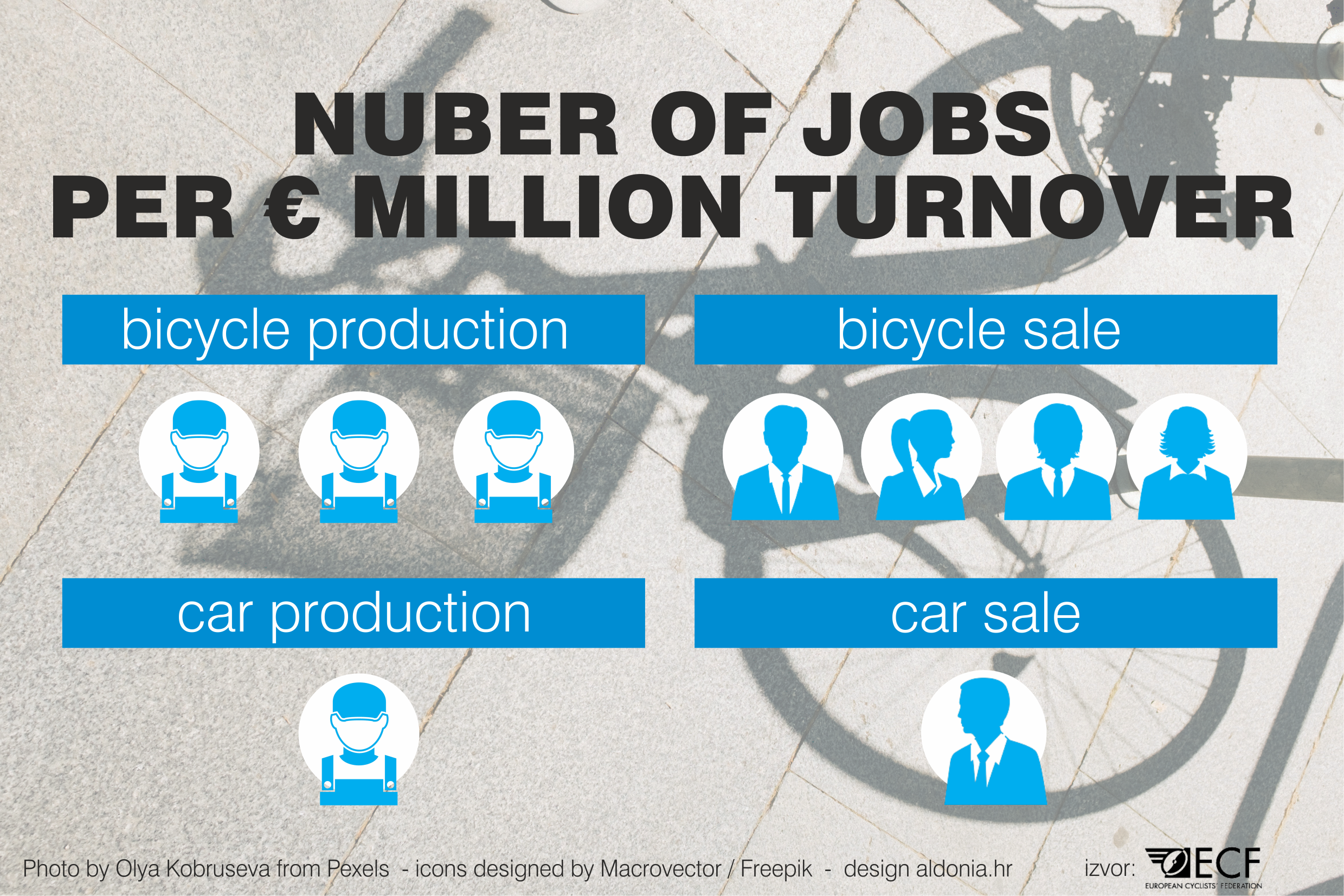
You might be interested in
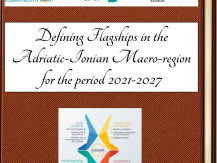
EUSAIR flagships all summed up!

The Hellenic Republic assumes the Presidency of the EU Strategy for the Adriatic and Ionian Region (EUSAIR) (1 June 2024 – 31 May 2025)
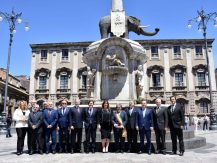
3rd EUSAIR Annual Forum – CATANIA DECLARATION







